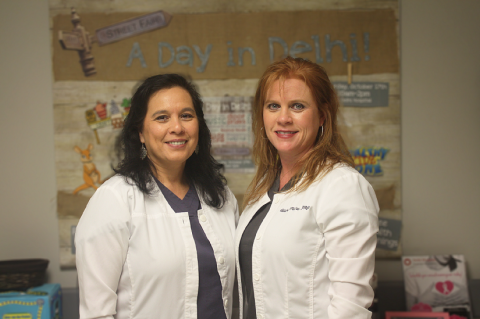Related Articles
Is your rural health care organization working toward improved care coordination? Learn about the many strategies adopted by Meeker Memorial Hospital, a critical access hospital in Litchfield, Minnesota, that participated in the 2022-2023 RHPTP cohort. Since completing the project, the hospital has achieved many of its RHPTP goals and plans to proceed with initiatives that will allow it to continue on the path toward value-based care.
Northern Maine Medical Center (NMMC), a 49-bed, perspective payment hospital located in Fort Kent, Maine, was one of six organizations selected to participate in the 2022-2023 Rural Health Provider Transition Project (RHPTP). Read more about their year-long engagement in RHPTP, as NMMC worked with RHPTP’s technical assistance consultants on financial and operational improvements, as well as strategy and infrastructure to improve quality in preparation for participation in alternative payment and care delivery models.
Read more about Atrium Health Floyd Polk Medical Center's year-long engagement in RHPTP, when the hospital worked with RHPTP’s technical assistance (TA) consultants on financial and operational improvements, and on developing a strategy and infrastructure to improve patient safety in preparation for participation in alternative payment and care delivery models.
Learn about this critical access hospital's top accomplishments and current plans toward improved engagement in the transition to value-based care.
Speare Memorial Hospital (SMH), a critical access hospital located in Plymouth, New Hampshire, was one of six organizations selected to participate in the 2022-2023 Rural Health Provider Transition Project (RHPTP). SMH has seen RHPTP’s impact on their improved organizational culture and overall patient experience and is a wonderful example of a health care organization utilizing existing resources to bolster their many strengths and recent goals. The RHPTP team is excited to see what this transition to value-based care brings to their community and is so fortunate to celebrate their progress and commitment in the project. Read more about SMH's top accomplishments and current initiatives toward greater care coordination.




